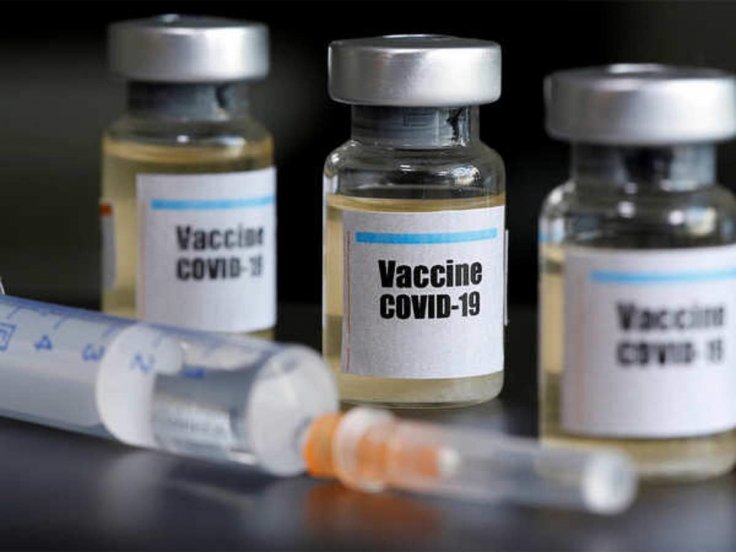Scientists in Houston released the results of a study that analyzed more than 5,000 genetic sequences of the coronavirus, revealing that the deadly pathogen has mutated into a more contagious strain, raising questions about how quickly the virus has evolved as it spreads around the world.
The study, published by Houston Methodist in medRxiv, examined virus samples from two different COVID-19 waves in the Houston area: one from the earliest phase of the pandemic and one from an ongoing more recent wave of infections in the city.
Number of 'Spikes' Increased After Mutation

Although the study is yet to be reviewed by experts, it found that nearly all strains of the virus from the second wave had a mutation, known as D614G, which has been shown to increase the number of "spikes" on the crown-shaped virus.
These spikes are what allow the virus to attach to human cells, increasing the ability of the virus to infect cells. Research suggests that this mutation might enhance the virus's transmissibility. The Houston researchers said patients infected with the mutated strain had significantly higher amounts of the virus particles on initial diagnosis.
However, they found little evidence to prove that the mutations in the virus have made it deadlier, noting that the severity of the disease caused by the virus was more strongly linked to patients' underlying medical conditions and genetics.
Researchers say the rise of this contagious strain of the virus may have driven up the infection rate in the Houston area, which jumped from an average of around 200 new Covid-19 cases per day to more than 2,400. A similar study from earlier this month found evidence that the United Kingdom was also overtaken by the same virus strain over the spring.
Virus Evolving to Evade Body's Immune Response
The researchers also found that some regions of the spike protein - the primary target of coronavirus vaccines now in development - showed several mutations, possibly indicating that the virus is changing in order to evade the body's immune response.
It's no surprise that the coronavirus has been evolving over time. Mutations in viruses are normal, and after infecting more than 30 million people, coronavirus has had plenty of opportunities to modify itself.
Most mutations have no impact, but this process sometimes changes the virus' behavior or makeup, and if that change helps the virus spread, a mutated version of the virus can eventually dominate through natural selection. This study from Houston is the latest evidence that coronavirus is changing as it moves around and becoming more infectious in the process.
What Does That Mean For Vaccines?

If the virus continues to evolve, it could affect the effectiveness of a vaccine. The virus seldom infects the same person twice, but research shows reinfection is possible if a patient is infected with two different strains of the virus. For that reason, as the virus changes, a vaccine might need to change along with it.
"We'll have to chase the virus and, as it mutates, we'll have to tinker with our vaccine," David Morens, a virologist and advisor at the National Institute of Allergy and Infectious Diseases, told the Washington Post.
Read more









